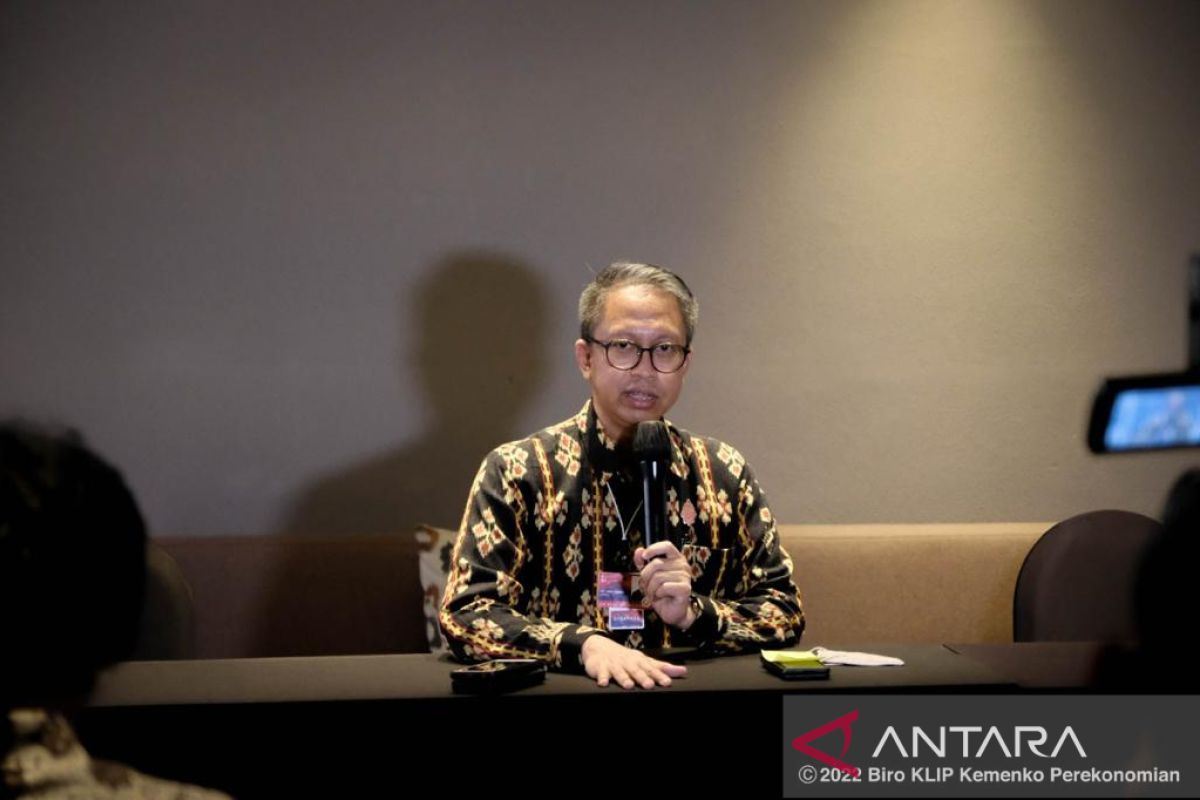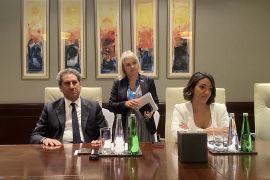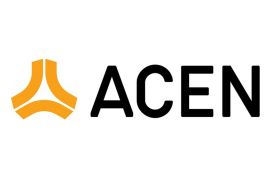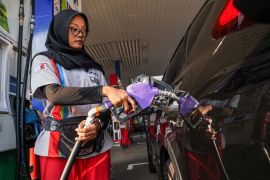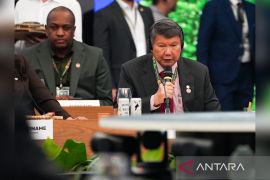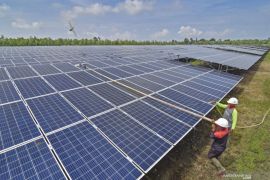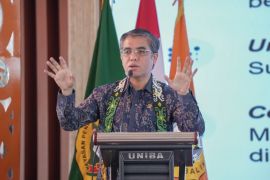The Indonesian G20 presidency recognizes the importance of sustainable economic recovery after the COVID-19 pandemic, including in the energy transition processJakarta (ANTARA) - The G20 Sherpa meeting continued deliberations in the third session, with the theme of transparent energy transition, especially for the vulnerable community.
“The Indonesian G20 presidency recognizes the importance of sustainable economic recovery after the COVID-19 pandemic, including in the energy transition process," Edi Prio Pambudi, the G20 Co-Sherpa, who is concurrently Deputy for International Economic Cooperation Coordination of the Coordinating Ministry of the Economic Affairs, noted in an official statement, Wednesday.
The G20 Sherpa Meeting is a forum for G20 countries to discuss issues related to energy, development, tourism, digital economy, education, labor, agriculture, trade, investment, industry, health, anti-corruption, environment, and climate change.
Related news: Stagflation impedes economic stability: BI
During the third session of the G20 Sherpa working group, discussions were held regarding the fate of people living in remote and vulnerable areas who were facing energy scarcity, environmental degradation, and climate change that could hinder economic growth of local communities.
“To ensure accountability for energy use and the implementation of environmental and climate conservation, G20 member countries must continue to implement anti-corruption arrangements. The Indonesian Presidency in G20 emphasizes the importance of the values of transparency and accountability, both in the public and private sectors," Pambudi remarked.
Coordinating Minister for Economic Affairs Airlangga Hartarto emphasized that the recovering economy of one country was meaningless without recovery in other countries.
G20 Sherpas in the energy transition working group also reaffirmed their commitment to preparing and implementing a more inclusive and sustainable energy transition, Pambudi noted.
Related news: Circular economy can increase state GDP: Minister
He said that the working group was also planning concrete actions that encompassed universal energy accessibility, especially for archipelagic countries; maximizing smart and clean technologies and establishing an innovation ecosystem; and facilitating investment in the energy sector, especially those that would help mitigate the impacts of climate change.
Strengthening the recovery of developing countries, least developed countries, and small island developing countries is one of the priority agendas for the development working group, with discussions related to opportunities, challenges, and actions that will be included in the “G20 Roadmap for Stronger Recovery and Resilience,” he stated.
Related news: Sri Mulyani praises China's support in establishing FIF
"The roadmap will focus on increasing the productivity and competitiveness of Micro, Small, and Medium Enterprises (MSMEs), social security with the ability to adapt to future crises, and more sustainable growth through the concept of a Green Economy and Blue Economy through a low-carbon development strategy," Pambudi remarked.
To achieve the planned target, the committee plans to promote financing schemes that combine several sources of funding that must be considered, he added.
Related news: G20: Indonesia calls for bolstering food resilience in small islands
Related news: Gov't committed to addressing climate change for public good: minister
Translator: Sanya Dinda S, Resinta S
Editor: Fardah Assegaf
Copyright © ANTARA 2022
